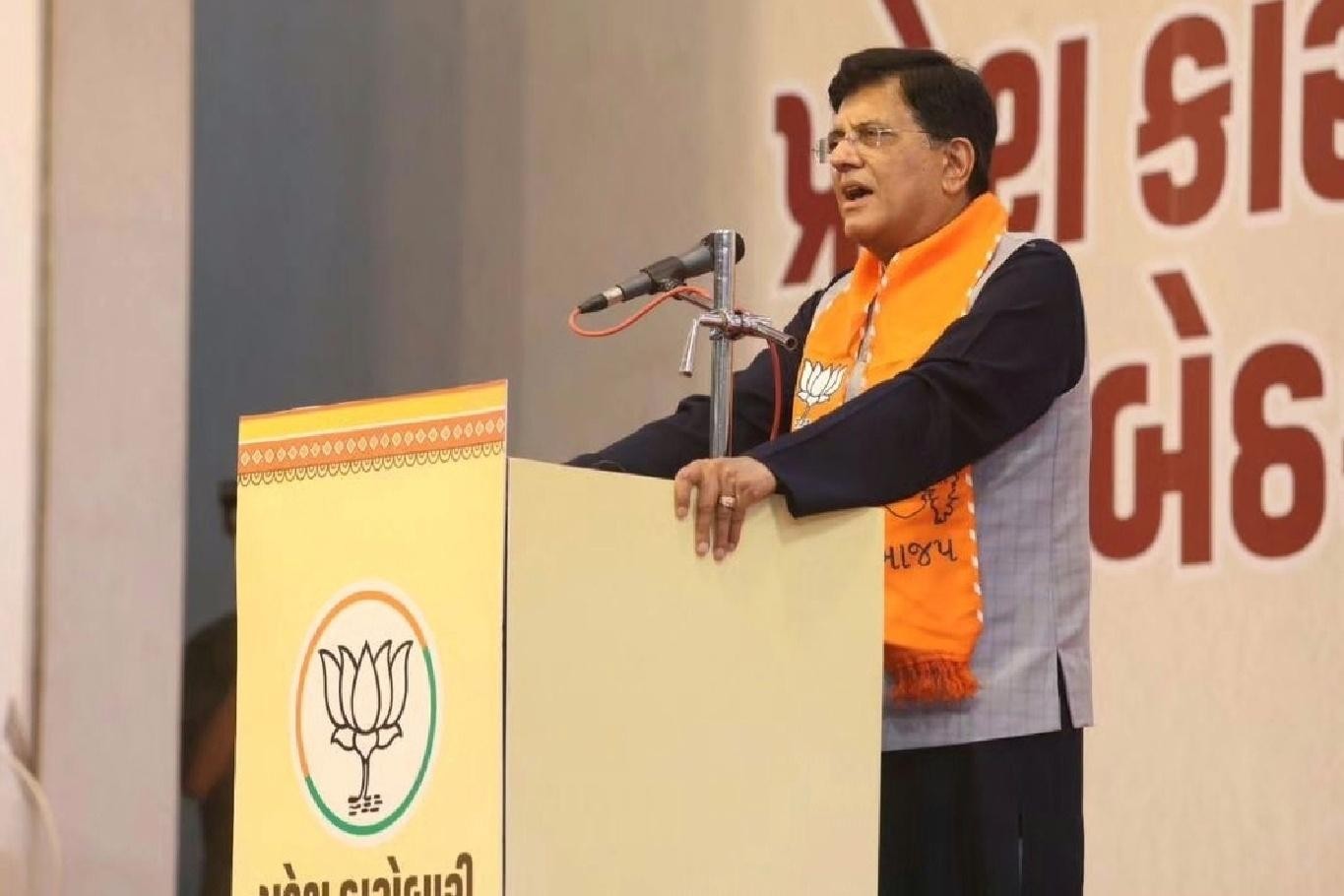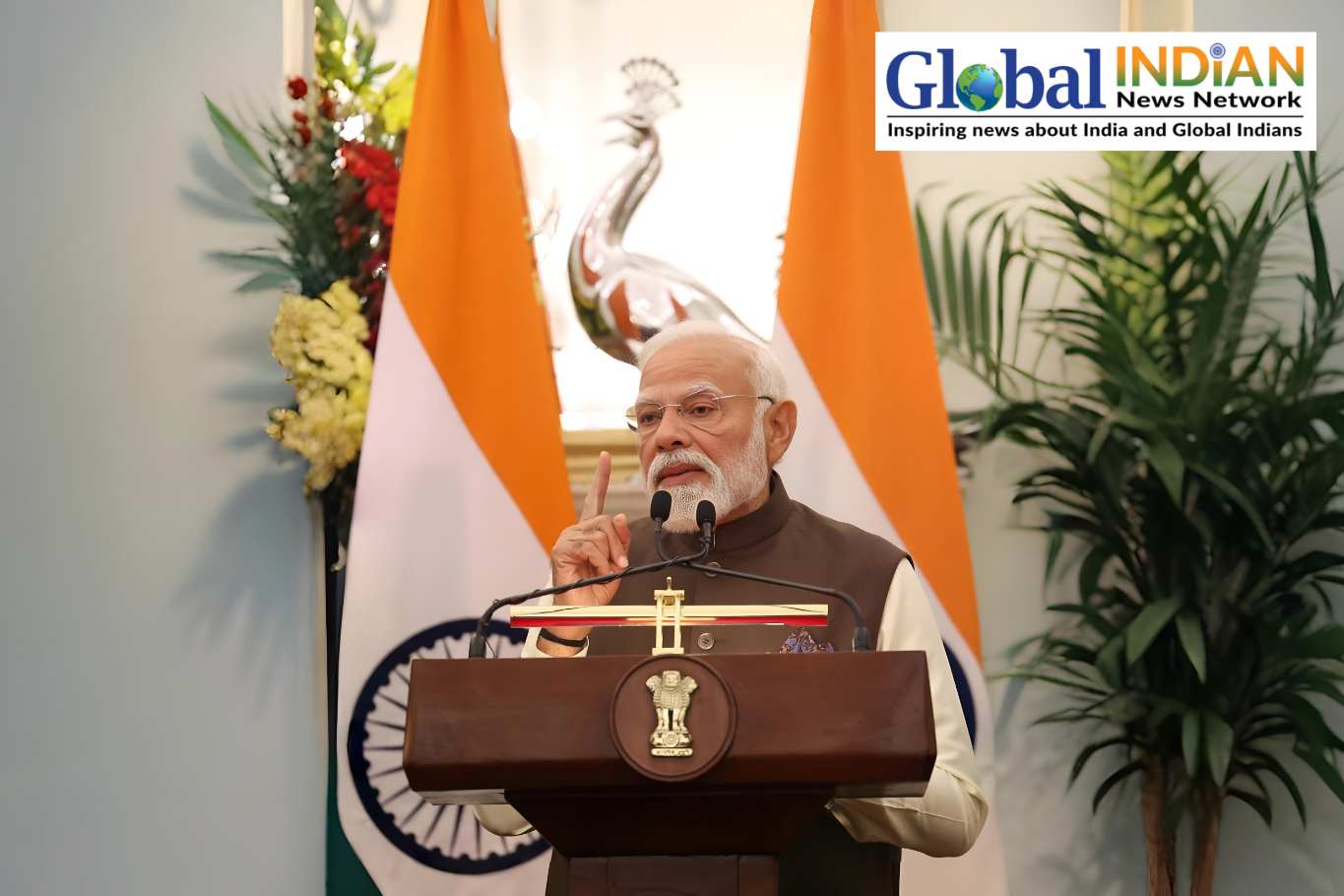
Union Minister Piyush Goyal has announced significant concessions aimed at fostering entrepreneurship among women and MSMEs, including an 80% reduction in licensing fees for women entrepreneurs and a 50% reduction for MSMEs. These incentives, as detailed in a press release from the Ministry of Commerce and Industry, are expected to spur greater participation and innovation within these sectors.
Under Minister Goyal’s leadership, the Ministry of Commerce & Industry recently hosted a Stakeholder Consultation in New Delhi, emphasizing the delicate balance between industry compliance and public safety. The consultation, organized by the Department for Promotion of Industry and Internal Trade (DPIIT), focused on enhancing operational efficiency within the Petroleum and Explosives Safety Organisation (PESO) and facilitating dialogue with stakeholders from industries such as petroleum, explosives, fireworks, and related sectors.
Addressing safety concerns, Minister Goyal directed PESO to collaborate closely with the Central Pollution Control Board (CPCB) and the Ministry of Petroleum and Natural Gas (MoPNG) to develop robust safety guidelines. These guidelines will ensure stringent safety measures are implemented, particularly in areas where petrol pumps operate within close proximity to habitation, ranging from 30 to 50 meters.
To streamline regulatory processes, Minister Goyal stressed the adoption of global best practices. Key initiatives include integrating Third-Party Inspection Agencies (TPIAs) more extensively into regulatory processes and transitioning to online permission modules to replace traditional offline procedures. These measures are designed to enhance efficiency, transparency, and ease of compliance.
The stakeholder consultation, which drew participation from over 150 representatives across various industrial sectors, provided a platform for industry associations such as the Federation of Agrivalue Chain Manufacturers and Exporters (FAME) and the Explosives Manufacturers Welfare Association (EMWA) to highlight critical regulatory challenges. Suggestions focused on digitizing processes, enhancing transparency via the PESO web portal, and promptly issuing required approvals.
In response to industry feedback, committees comprising MoPNG, industry associations, and regulatory bodies were formed to explore and propose amendments aimed at bolstering regulatory frameworks.
The Ministry reiterated its commitment to reducing compliance burdens, fostering a conducive business environment, and upholding industry standards through collaborative reforms. The stakeholder consultation signifies a pivotal step toward creating a more favorable regulatory landscape for the petroleum and explosives sectors.
DPIIT’s ongoing engagement with stakeholders underscores its dedication to integrating industry insights, driving regulatory reforms, and ensuring safety across hazardous substance industries.









